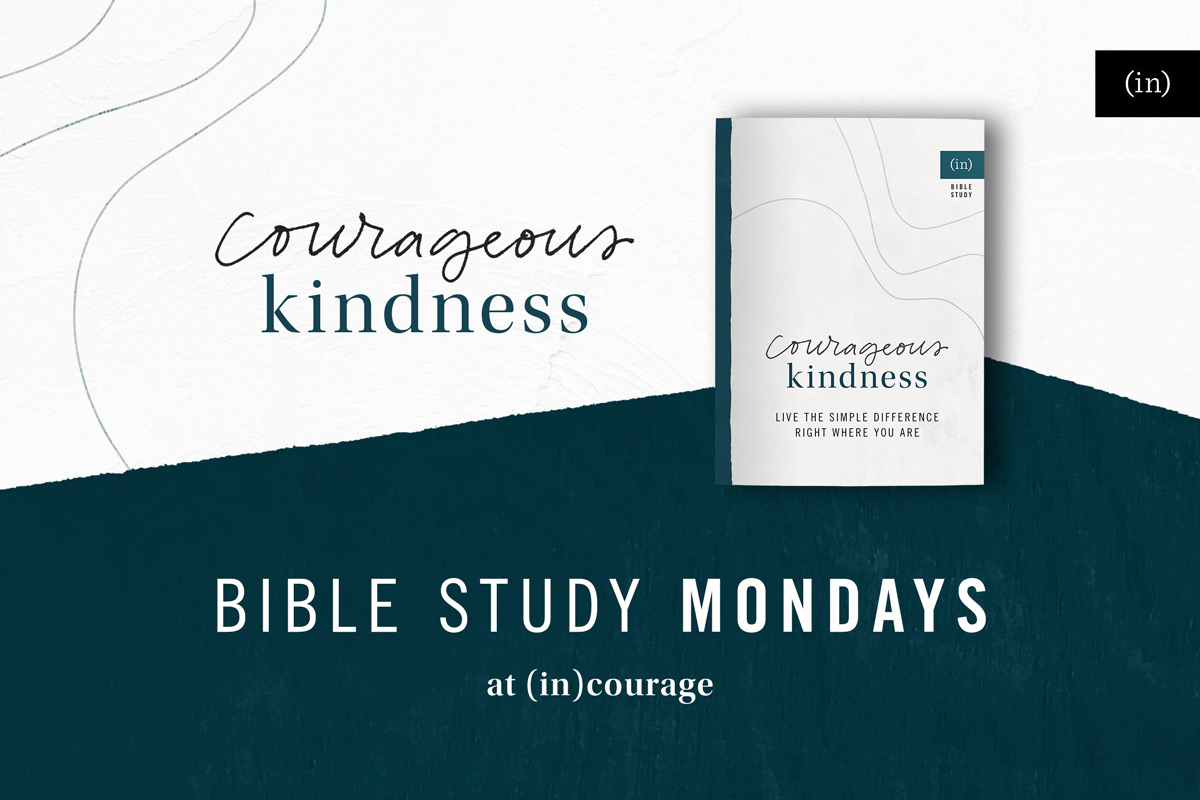A loud laugh escapes my mouth, and I’m surprised by its unfamiliarity. It lifts and relaxes my body and spirit in a way I didn’t realize I needed. My son’s joke is unexpected in its wittiness and timing, and his face radiates delight over making me laugh so hard. I pull him in close and plant one too many kisses on his cheek, thankful for his sweet love and humor. When the pandemic first began, our days were filled with anxiety and fear, grief and the constant tension of being in each other’s space. We longed for time alone while wanting to hold each other close and never let go. We all felt the precariousness of life, especially him.
And still, somehow, this baby of mine has become a big kid before my own eyes. He understands how to meet others in their sadness, tender to their ache. He knows that being silly can brighten a moment, even if it can’t change the mood for long. He is quick to give hugs, full of energy I often can’t handle, and he reminds me there is hope for good, for joy.
And I need to know that joy is not only possible but that it can abound even now. For months, depression has hung around like a smoky haze during wildfire season. It’s kept me lethargic and unmotivated, struggling to create and keep up with deadlines. Just when I think it’s subsided and I have energy like that of my son’s, the sparks fizzle into nothing, and I’m back to the sluggish pace I wish to escape.
I manage to get done what I need to. I cook dinner and play games with my family. I work and decorate the house for birthdays and the holiday season. I know how to function in survival mode even when I’m not well because I’ve done it so much in my life. I can live life on auto-pilot, and no one would know I’m struggling — not even me.
But laughter breaks me from the trance of survival. It makes me pause to be fully present in the moment with my son and to see that I live in the land of the living right now. It reminds me of how precious life is even while the world burns. Growth has not stopped. Death has not taken everything from us. And we are still living.
And living for me right now — and all the time — looks like paying attention and being curious. When unrelenting knots form in my neck the weekend of my wedding anniversary, I pay attention and recognize what a difficult year of healing it has been. I voice my pain and care for myself with kindness. When my son is grumpy and crumbles into tantrums, I offer hugs instead of lectures knowing he feels left out from his sister needing space. When the din of social media and the news becomes louder than my soul can handle, I step away and look for glimpses of the divine.
I look for what will give me life so I can keep going. I ask myself what I need and get help where I can. Sometimes it looks like a video call with my therapist after being triggered by current events. It can look like napping when sleep was elusive the night before. It can be attending church service even when I don’t think I can handle small talk right now. And sometimes it’s as simple as sending a funny meme to a friend because I know she’d find it hilarious. We laugh together over text and agree that internet comedy is one of the many things we’re grateful for these days.
Jeremiah 29:13 says, “You will seek me and find me when you seek me with all your heart.”
Even when injustices don’t get rectified, when the healing we fervently prayed for doesn’t happen, when evil prospers, if we seek Him, we will find Him. Laughter reminds me that God is here in the complicated mess. It gives me a glimpse of the divine. And this is what I see: He is God of justice, God of comfort, God of miracles, God of joy.




